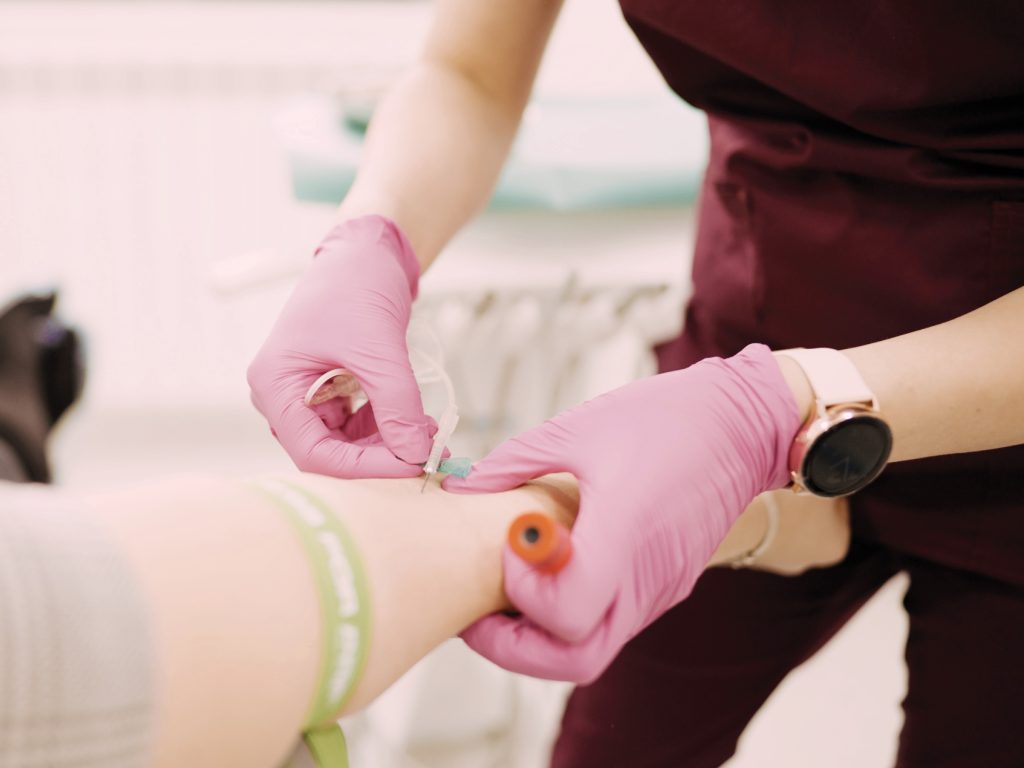The Role of Vitamin D in Skin Health, Wound Healing and General Immune Health
Written by Sakoon Team
In this article, we will attempt to outline the significant role of Vitamin D and other antioxidant vitamins in the role of immune health with specific emphasis on skin health and healing following any biomedical procedure.
At Sakoon the Spa, in order to optimize your procedure results whether that be a laser resurfacing for the face, Vivace micro-needling, body contouring or any PRP procedure such as hair rejuvenation therapy, O-shot or P-shot, we encourage balanced nutritional care. Vitamin D is known to be therapeutic in the limiting of oxidative stress.
The first question I will address is “What is oxidative stress and why does it cause cell degeneration and poor wound healing?”
Oxidative stress is the accumulation of toxic reactive oxygen species (ROS) molecules. ROS are highly reactive chemical molecules formed due to stress. They are important molecules in the repair process of our cells during situations of acute need.
However, if the ROS accumulate in our bodies and are not adequately broken down and eliminated, they can lead to chronic inflammatory diseases, rapid aging and irreversible damage to our DNA.
Oxidative stress has many identifiable contributing factors such as smoking, aging, poor diet, diabetes, emotional stress, alcohol abuse, periodontal disease and poor sleep. To combat oxidative stress, all cells in our bodies require an intrinsic store of molecules known as antioxidants which prevent long term tissue damage. When our bodies are low in antioxidants, our ability to heal and prevent significant tissue damage is impaired.
Vitamin D plays an important role in supporting the immune system to enhance healing and in the prevention of the damage of oxidative stress. Vitamin D is also involved in biomaterial integration and other metabolic processes such as skin and collagen remodeling.
Unfortunately, a large percentage of the population today suffers from vitamin and mineral deficiencies directly linked to antioxidant levels. Specifically, The Endocrine Society found that 70% of all of the general US population is deficient in Vitamin D.
Vitamin D comes from exposure to the sun and from food sources such as fresh caught salmon, tuna and egg yolks. Normal serum 25-hydroxyvitamin D (25-OH) is a reliable marker of vitamin D status, and a level below 20ng/ml defines deficiency.
Optimal levels above 30ng/ml are required to maximize health and tissue healing. The Endocrine Society advocates and intake of 1,500-2,000 IU/day for adults and obese patients should take 3 times more than the normal adult daily vitamin dose.
For more information on this topic and our services that provide nutritional balance and boosts for your body, please contact our friendly staff via our Contact form or at 531-466-8200.


